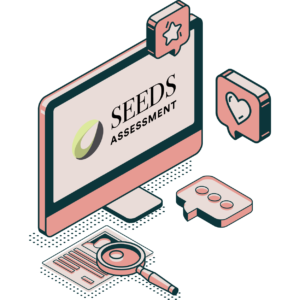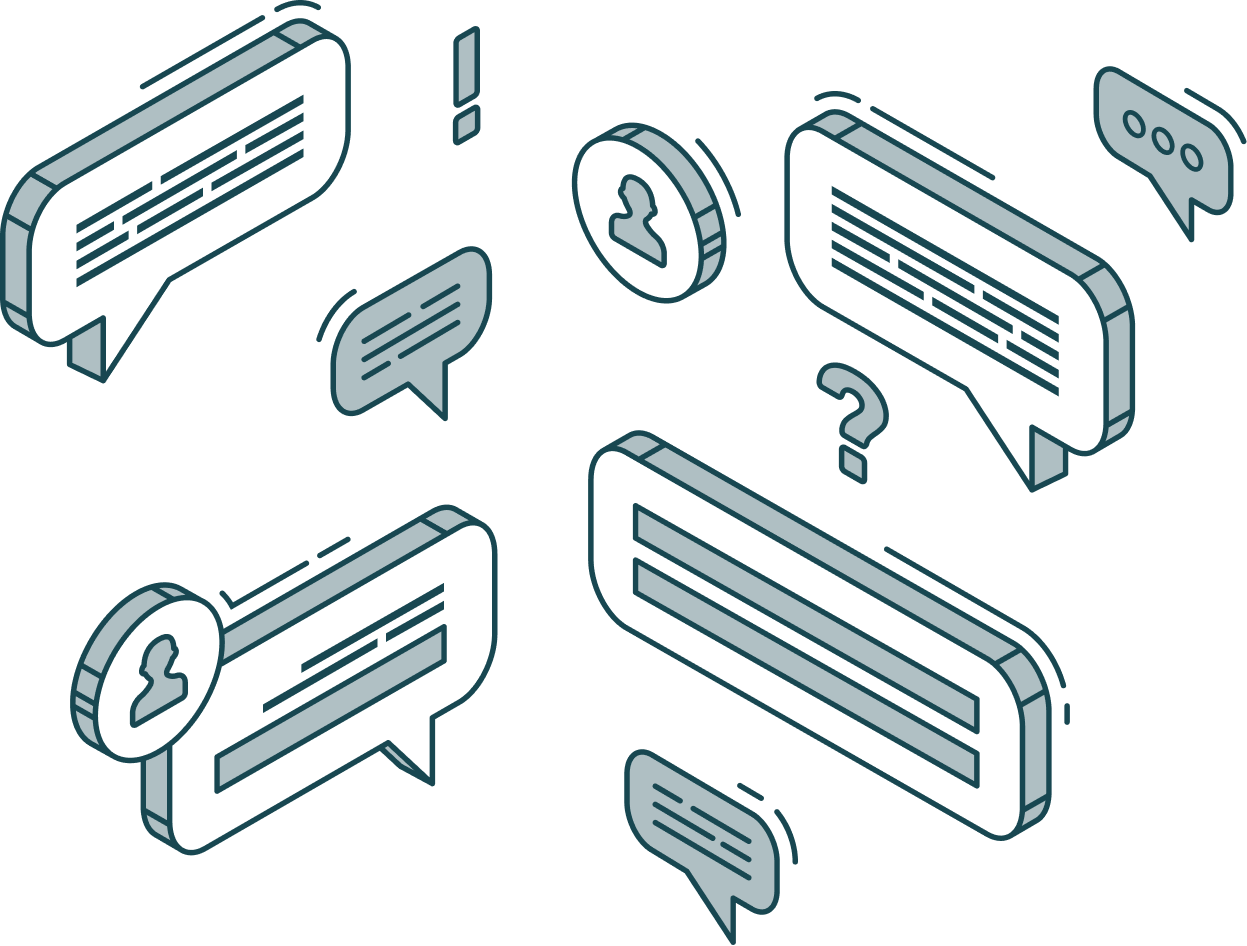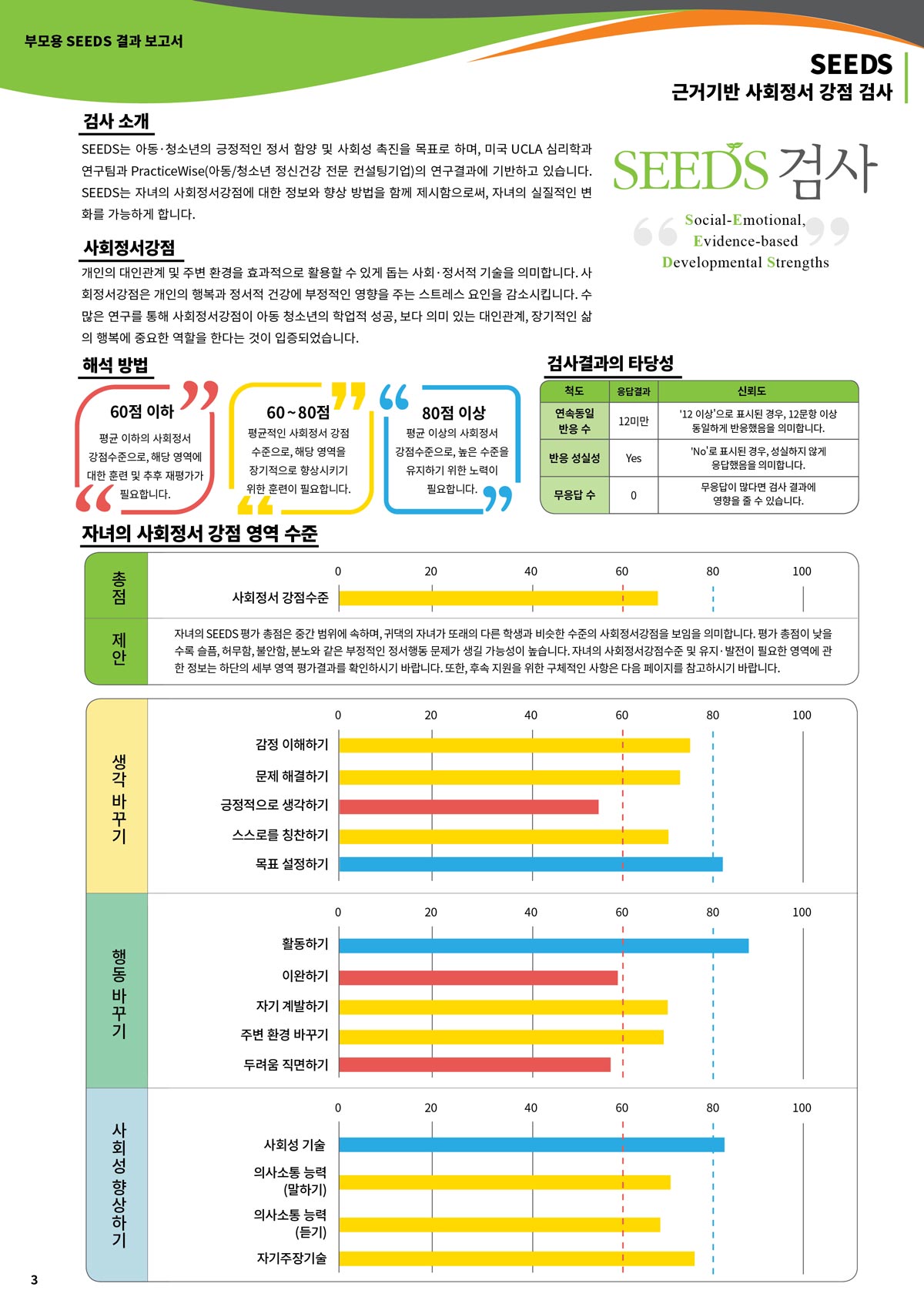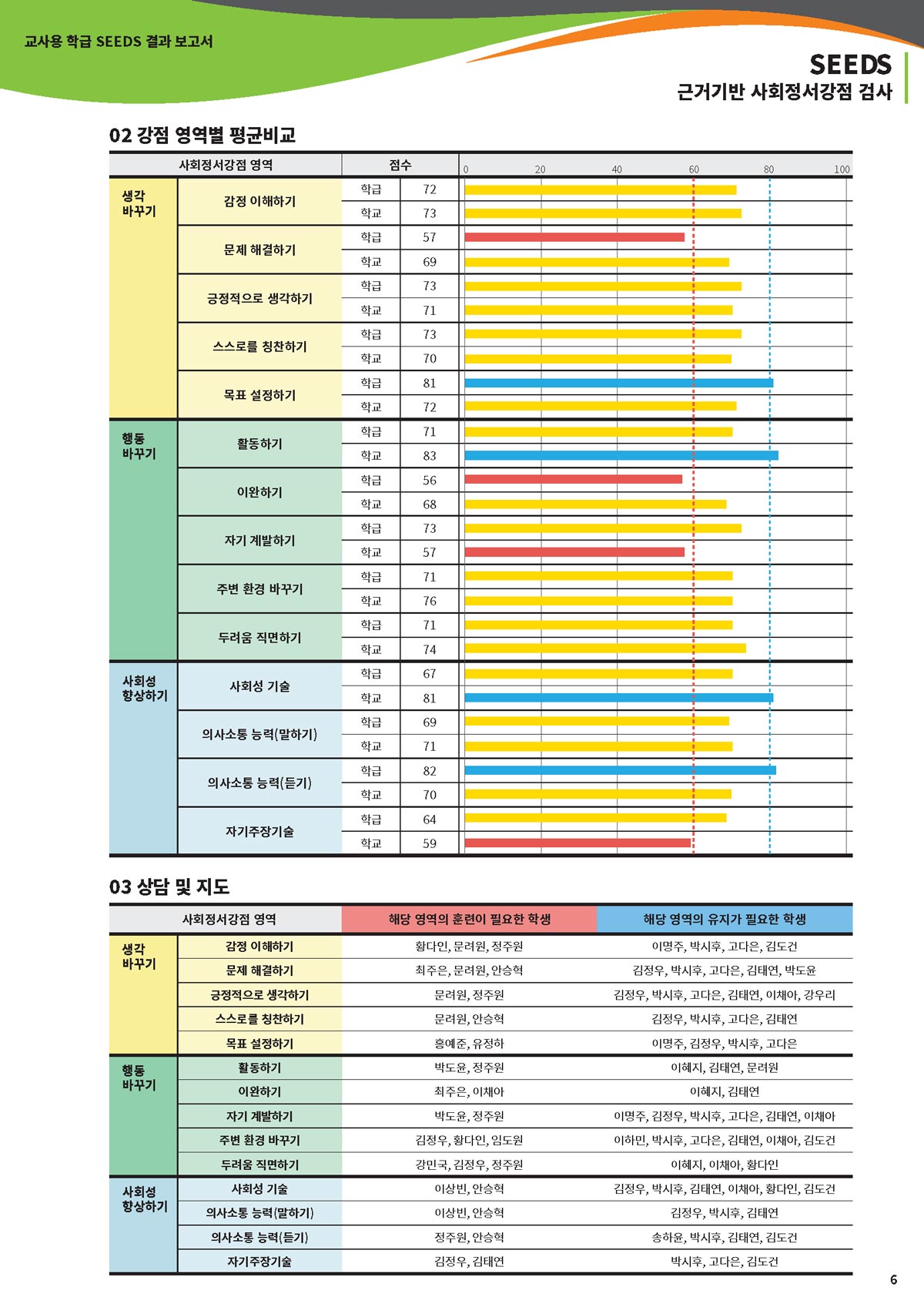Achievement

About
The SEEDS Assessment stands for the Social-Emotional, Evidence-based Developmental Strengths Assessment developed by a group of researchers at Duksung Women’s University.
It is a 62-item self-report questionnaire designed to measure the social-emotional competency areas in children and adolescents that matter most.
Based on the results of hundreds of rigorous, randomized controlled trials (spanning various countries and decades of research) the following areas represent the ‘evidence-based’ target areas of social-emotional development, measured together for the first time by the SEEDS Assessment.
Problem
The assessment initially targets children and adolescents in Korea. The researchers in the university want to expand the test to international undergraduate students.
Moreover, the researchers want to create a social enterprise in which the core product is the assessment. However, they do not know which business model is appropriate and how to build an enterprise from scratch.
I. Expand the test

1. Re-writing all 62 questions in the assessment
Because the test is originally in Korean, I have to translate each question to English. Moreover, the assessment targets children and adolescents firstly. Therefore, I also need to conduct an in-depth evaluation of whether these 13 categories and 62 questions are relevant to undergraduate students.


2. Conducting focus-group interviews
After rewriting the questionnaire, I test the new questionnaire with a group of 50 international students. They give feedback on the wording that is used in the assessment. Moreover, I also interview them to understand the common mental problems international undergraduate students usually face.
After the interview, I synthesize the results from the interviews with the past data (1000+ student profiles) to identify the new areas of social-emotional development for university students.
II. Business strategies
The researchers want to found a social enterprise in which the SEEDS assessment is the core product. In the below report, I help the company identify the right customers and some strategies to target their customers and win over the market.







